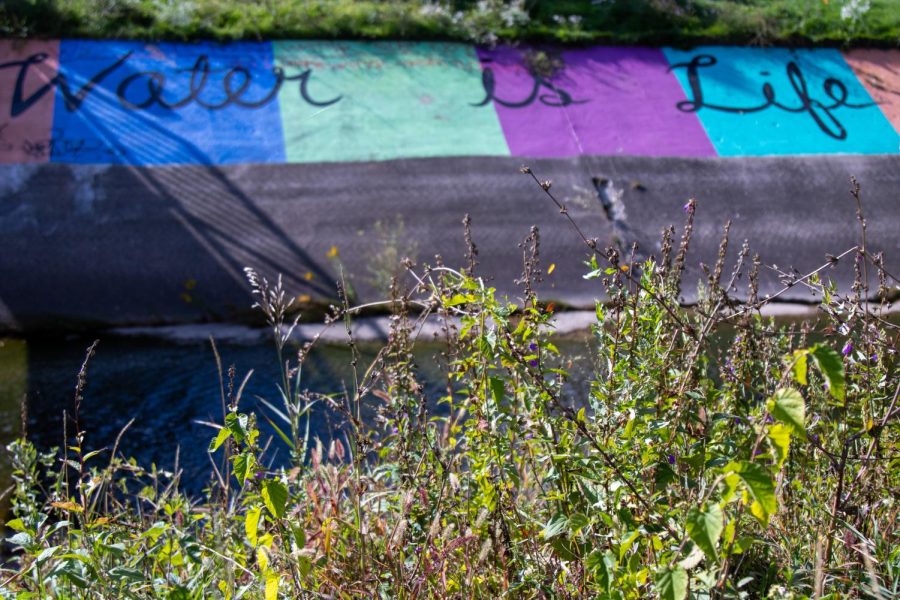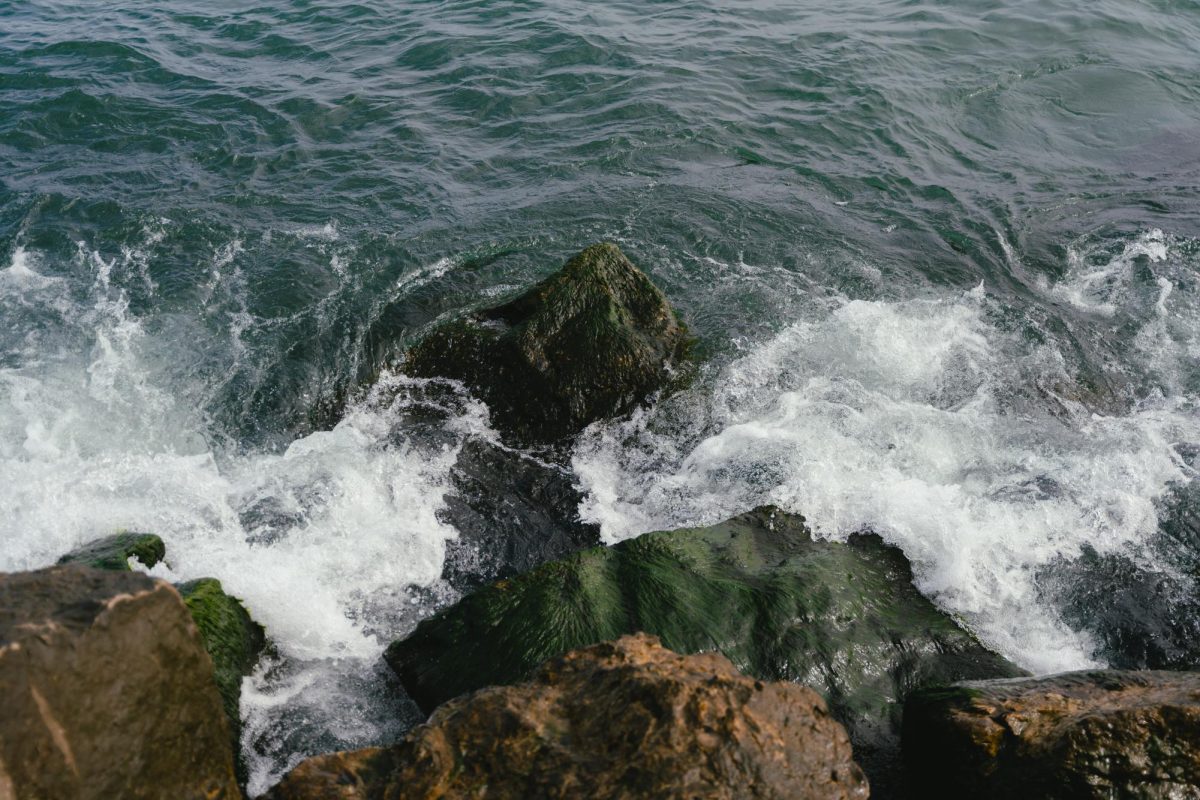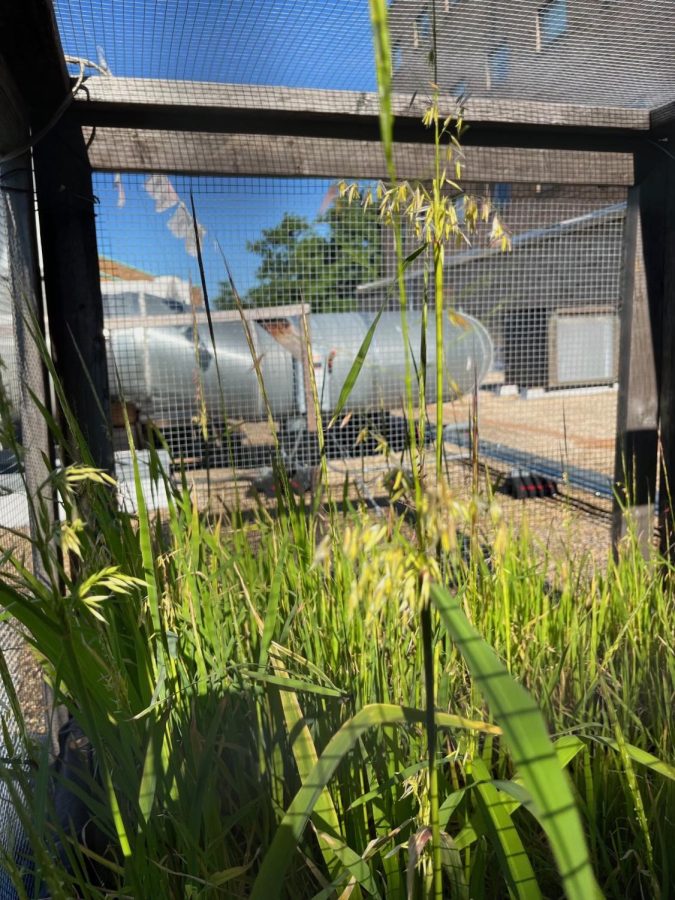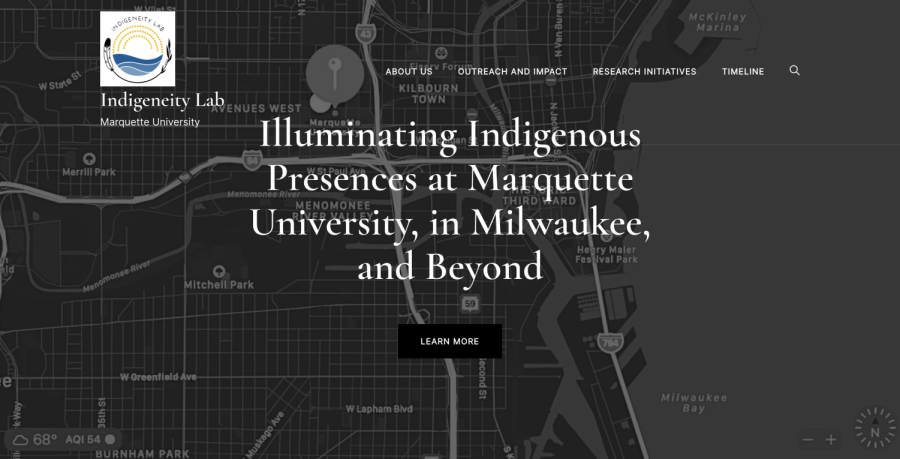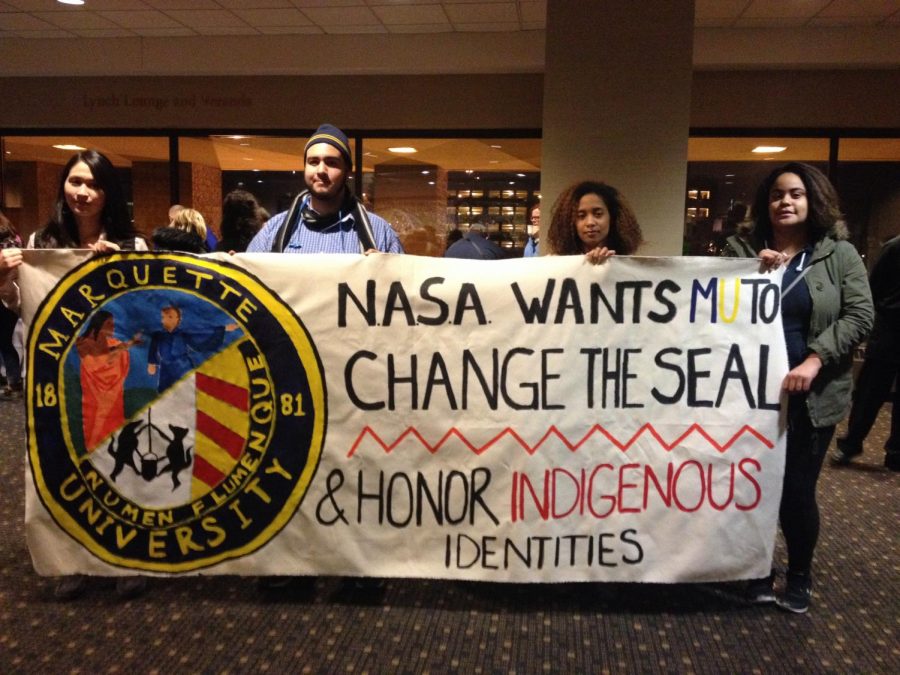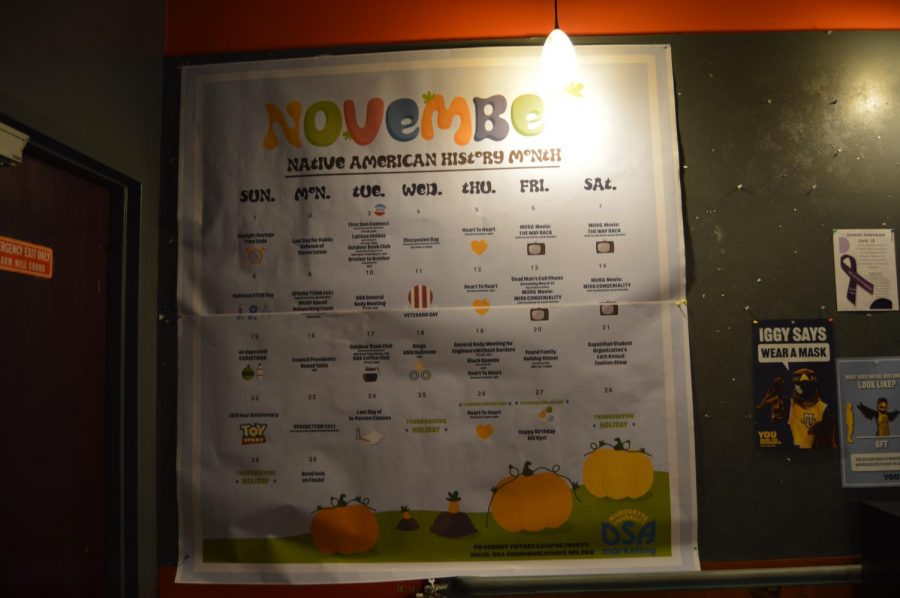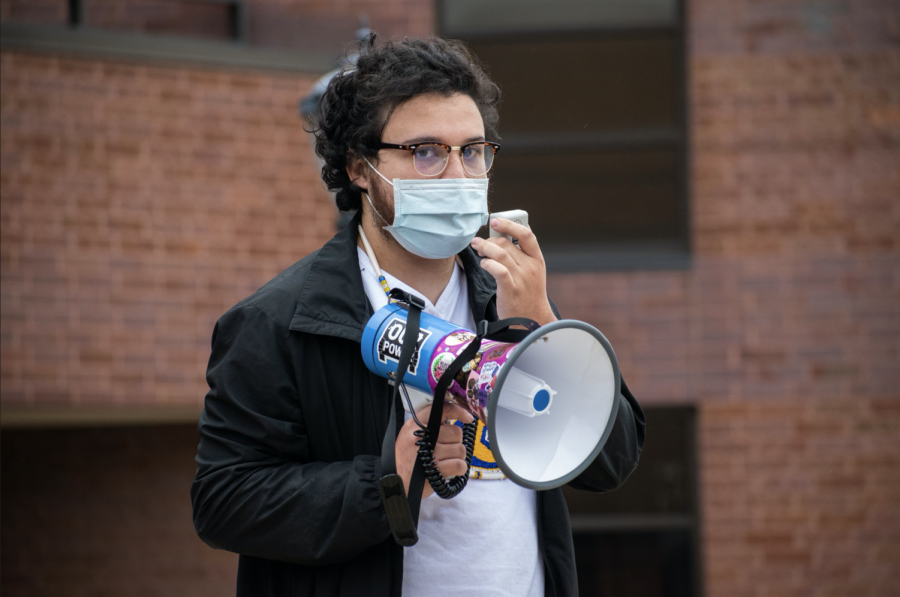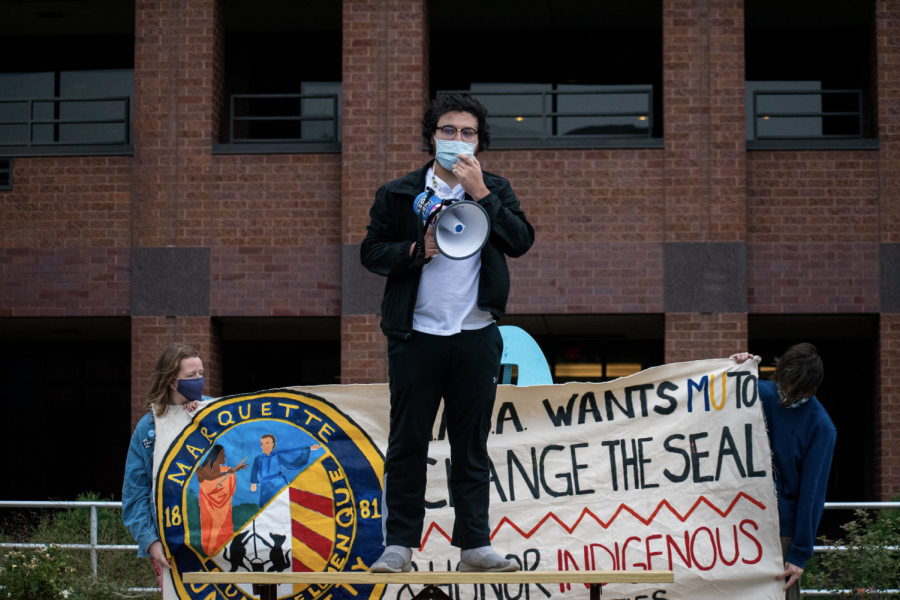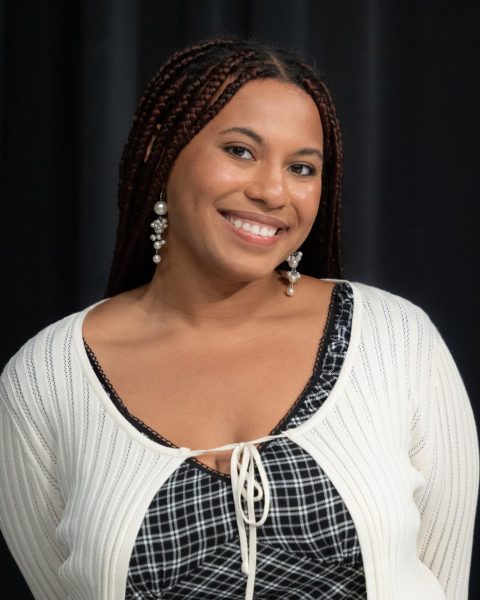On Indigenous People’s Day of 2020, leaders of the Native American Student Association had organized community members, Native activists, and faculty, to demonstrate and shed light on Indigenous issues on campus.
As a response, John Su, vice provost for academic affairs, decided he wanted to give Indigenous issues a platform on campus. Su then recruited Samantha Mahjor, a professor in the English department and Marquette’s only Native faculty member, and Bryan Rindfleisch, a professor in the history department.
“The three of us basically brainstormed things we could do for native students and issues on campus, and one of the things that really took off was this Indigeneity Lab,” Rindfleisch said.
Michael Schläppi, professor of biological sciences, and Jacqueline Fontain Schram, director of public affairs and special assistant for Native American Affairs, joined faculty efforts to help kickstart the initiative.
Marquette’s Indigeneity Lab offers learning opportunities to students through faculty-mentored research. This research is aimed to increase understanding and awareness of Indigenous issues in Milwaukee.
The lab has been functioning over the last two years, conducting several projects. Research has included an archival research project on Catholic Indian boarding schools, and a study into the possibility of reintroducing wild rice seed varieties into the Menomonee River Valley.
Rebecca DeBoer, a Marquette alumni and current graduate student at Vanderbilt, was one of the students who worked on the archival research project.
“I had to go through a bunch of boxes in the library archives that they have in Raynor, and it was a bunch of picking out boxes and sorting through hundreds of documents,” DeBoer said.
The project was meant to create awareness on the realities of Indian Catholic Boarding Schools, and how the schools themselves represented the treatment.
“I see it in two different ways. I think for indigenous students it [the Indigeneity Lab] is such a powerful tool. These students have their own way of seeing the world and their own stories, and I think it could be very useful for Marquette and Milwaukee as a whole,” DeBoer said.
However, the Indigeneity Lab’s most recent project has been their Indigenous Milwaukee Tours.
“We collaborated with Historic Milwaukee Inc. on the app that just launched. They do a lot of historical projects in the city,” Rindfleisch said.
The tour is narrated by several faculty members and student researchers from the Lab, leading virtual audiences to several Indigenous landmarks in the city.
The narrations, which features the voice of Rindfleisch amongst others, lead listeners from the Third Ward Graveyards, to the Milwaukee Public Museum, to University-Wisconsin of Milwaukee’s Panther Stadium where annual pow wows are celebrated.
One of the landmarks, in fact, is located squarely on Marquette Campus. The Living Land and Water Acknowledgement outside the Alumni Memorial Union is marked as a landmark, although the landmark hasn’t been established by Marquette Administration yet.
The installation was designed by Kristelle Ulrich, a local art educator and member of the Oneida tribe.
The Historic Milwaukee Incorporated application features several tours. The Indigenous Milwaukee tour features a sprawling picture of Mauricio Ramirez’ “Our Roots Say That We’re Sisters” as its cover picture. The snapshot is taken from the mural displayed outside the Alumni Memorial Union on Marquette campus.
“I took the tour once because I just like walking around. I didn’t even know how many areas were important to Indigenous people in Milwaukee, or how close I was to them,” Amanda Hingorani, a sophomore in the College of Arts and & Sciences said.
The Indigeneity Lab operates in the summer, offering students an opportunity to fully immerse themselves in their research.
However, not all students are able to fully immerse themselves.
“I can only speak for the few students I’ve worked with, but the students receive a stipend during the summer. Despite this, students have had to work two jobs while also conducting research. This prevents students from giving their full attention to the project,” Rindfleisch said.
Students from the Indigeneity Lab were recently honored with Student Activist Awards from the Wisconsin Institute For Peace and Conflict Studies, garnering praise for their contributions to activism.
However, Rindfleish expressed that this praise has not correlated with monetary or administrative support for the program.
“The crazy thing is that despite all of the publicity and the great work that the students are doing, The lab is only surviving on a year-to-year basis. Even right now we don’t know if the lab will continue next year,” Rindfleisch said.
Although the program operates over the summer, projects keep developing over the year.
This story was written by Clara Lebron. She can be reached at [email protected]


